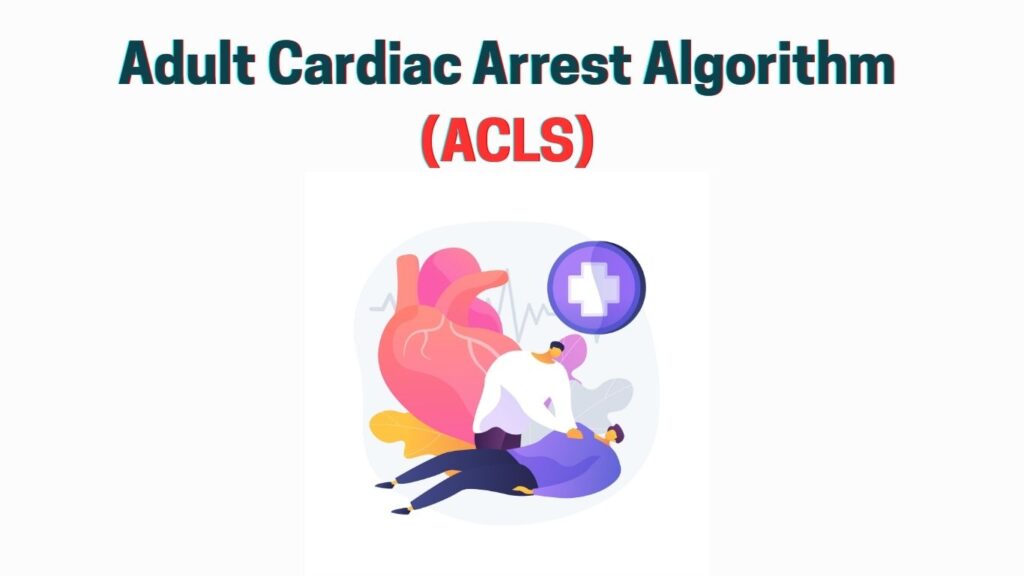Synchronized Cardioversion Protocol
Note: This document provides a structured summary of the Synchronized Cardioversion Protocol for educational and reference purposes. It is not a substitute for certified ACLS training and adherence to the latest guidelines published by the American Heart Association (AHA) or other relevant governing bodies. Always consult the most current official guidelines.
Patient is unstable with a supraventricular tachycardia or ventricular tachycardia with a pulse.
Ensure safety (clear area, remove metal). Have resuscitation equipment ready. Gain IV access.
Administer a rapid-acting sedative (e.g., Midazolam, Etomidate) if patient is conscious and time permits.
Attach monitor/defibrillator pads. Select initial energy based on rhythm (Narrow Regular: 50-100J; Narrow Irregular: 120-200J biphasic; Wide Regular: 100J; Wide Irregular: Defibrillation dose).
Press the SYNC button. Ensure R-wave markers appear. Clear the patient and deliver the shock.
Check the monitor for rhythm change. Assess patient’s pulse and vital signs. If no conversion, increase energy and repeat shock.
Monitor patient closely. Manage airway and ventilation. Continue supportive care and address underlying causes.
